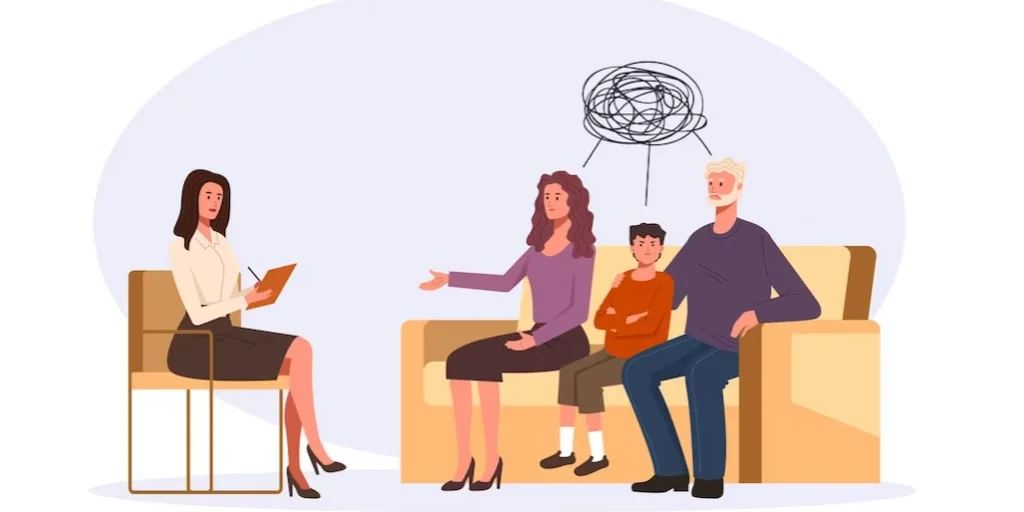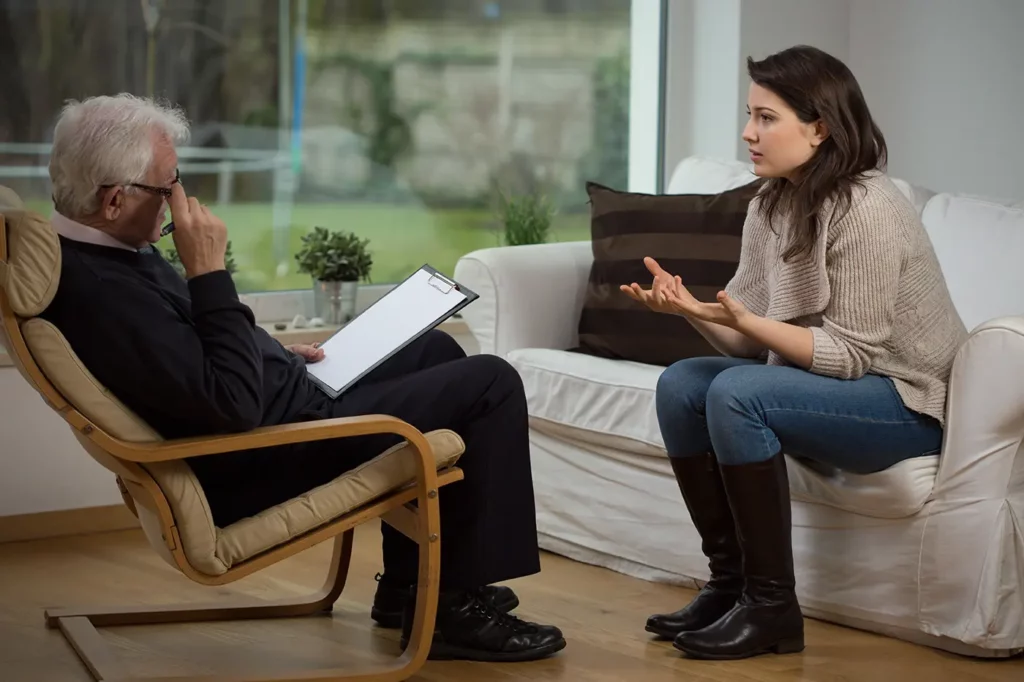24/7 Helpline:
(866) 899-221924/7 Helpline:
(866) 899-2219
Learn more about Group Therapy centers in Pitkin
Group Therapy in Other Cities

Other Insurance Options

Kaiser Permanente

UMR

Lucent

EmblemHealth

Magellan Health

PHCS Network

Premera

Sliding scale payment assistance

Optima

BlueShield

Magellan

GEHA

Covered California

Amerigroup

Oxford

Aetna

Meritain

Health Choice

AllWell

Evernorth











